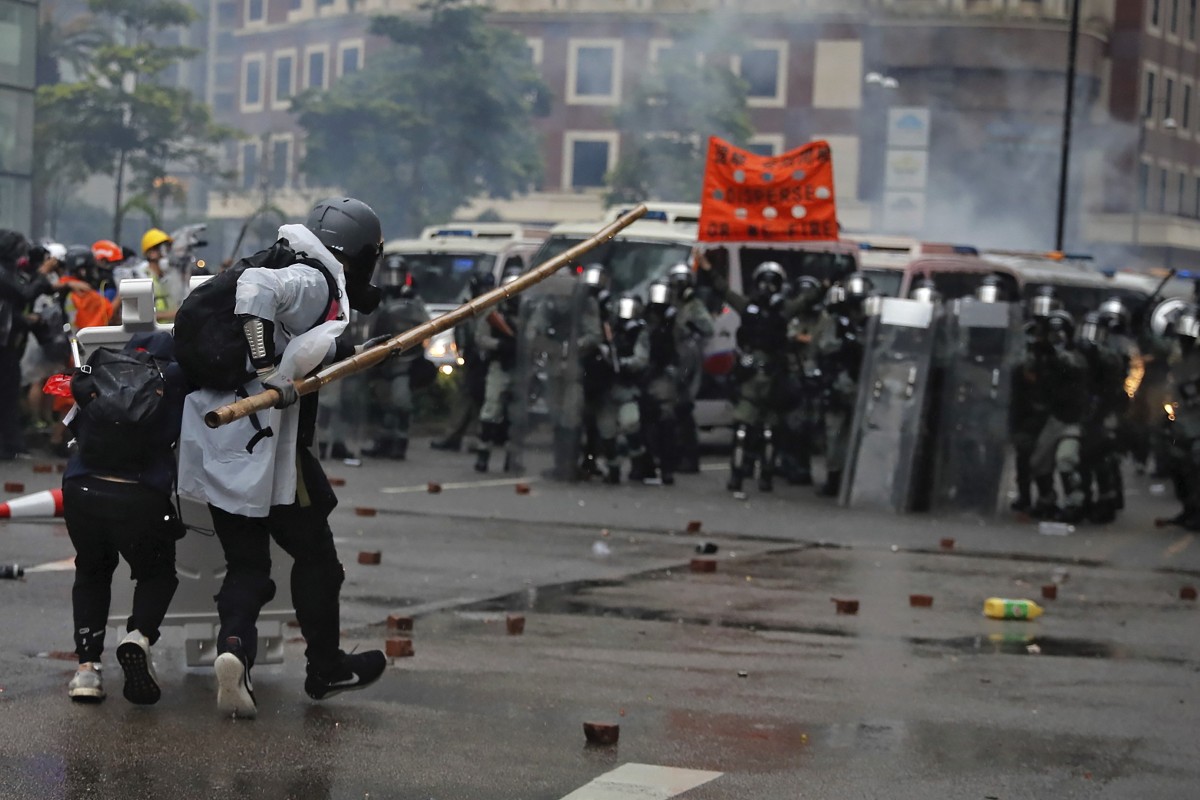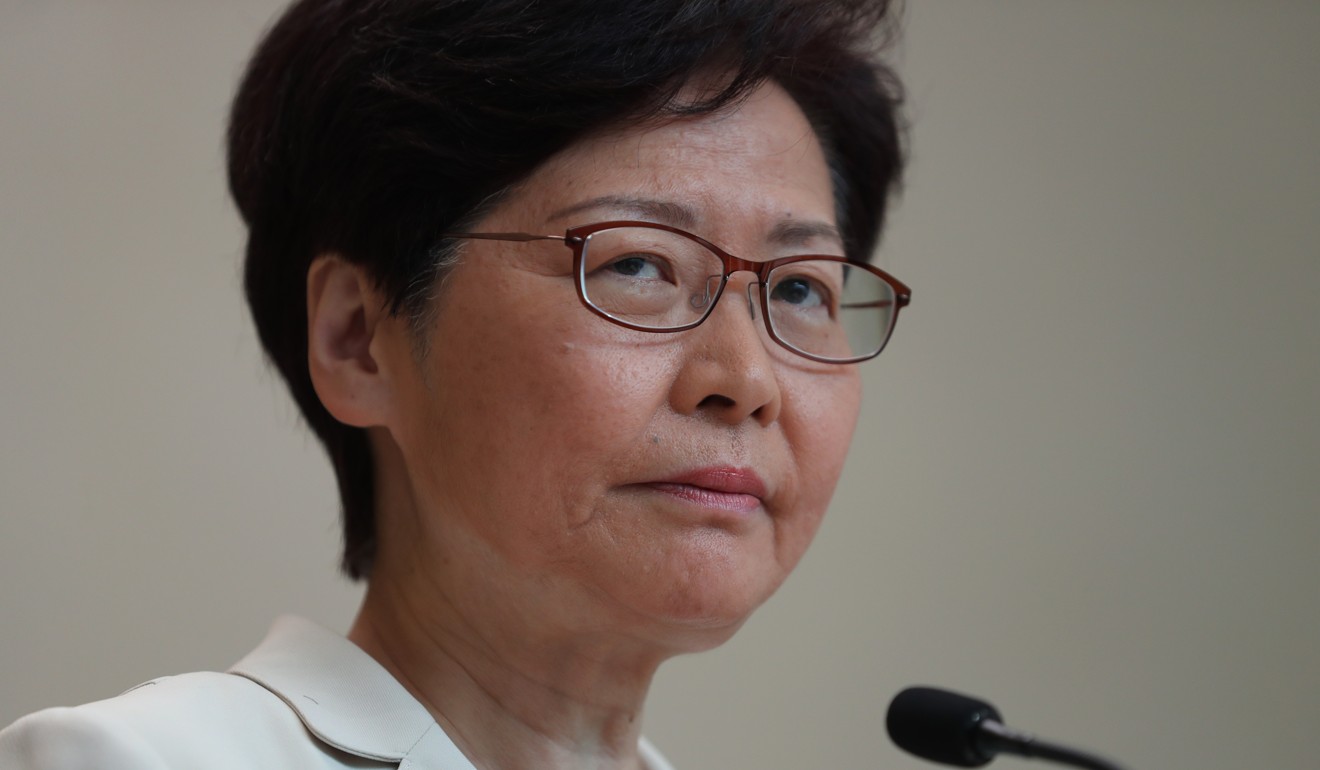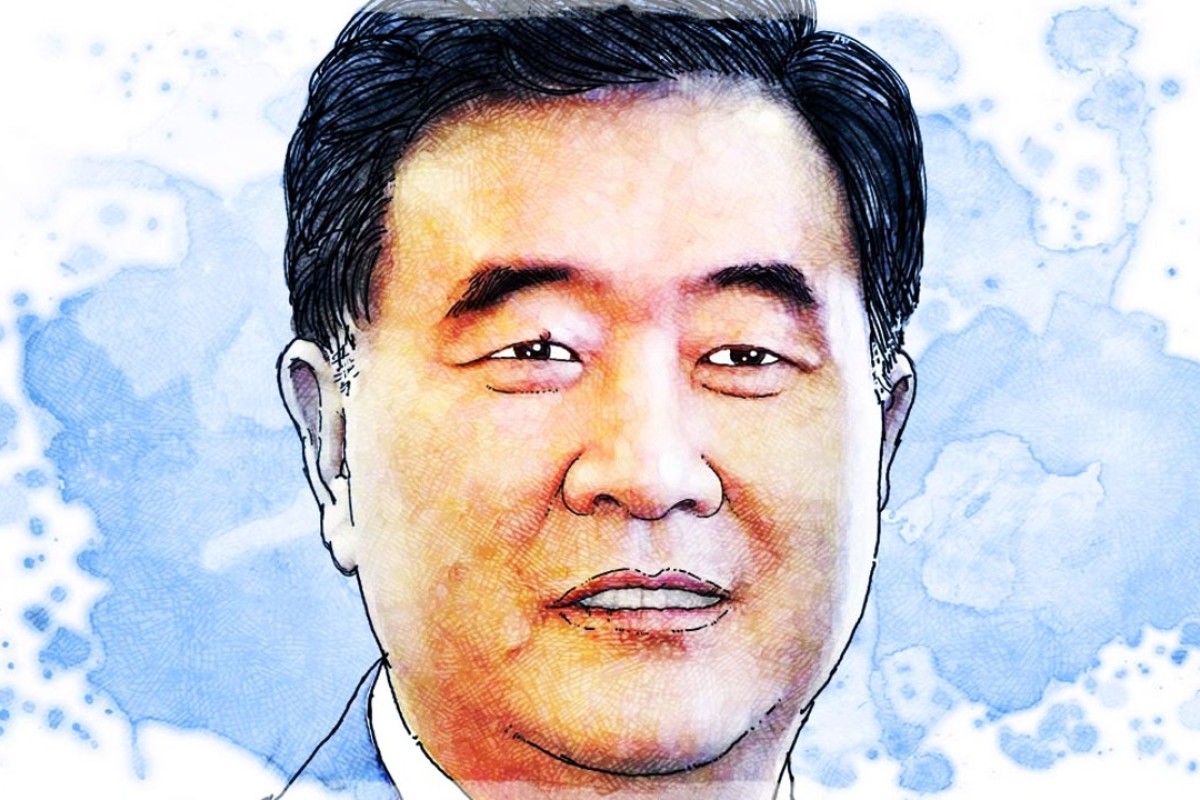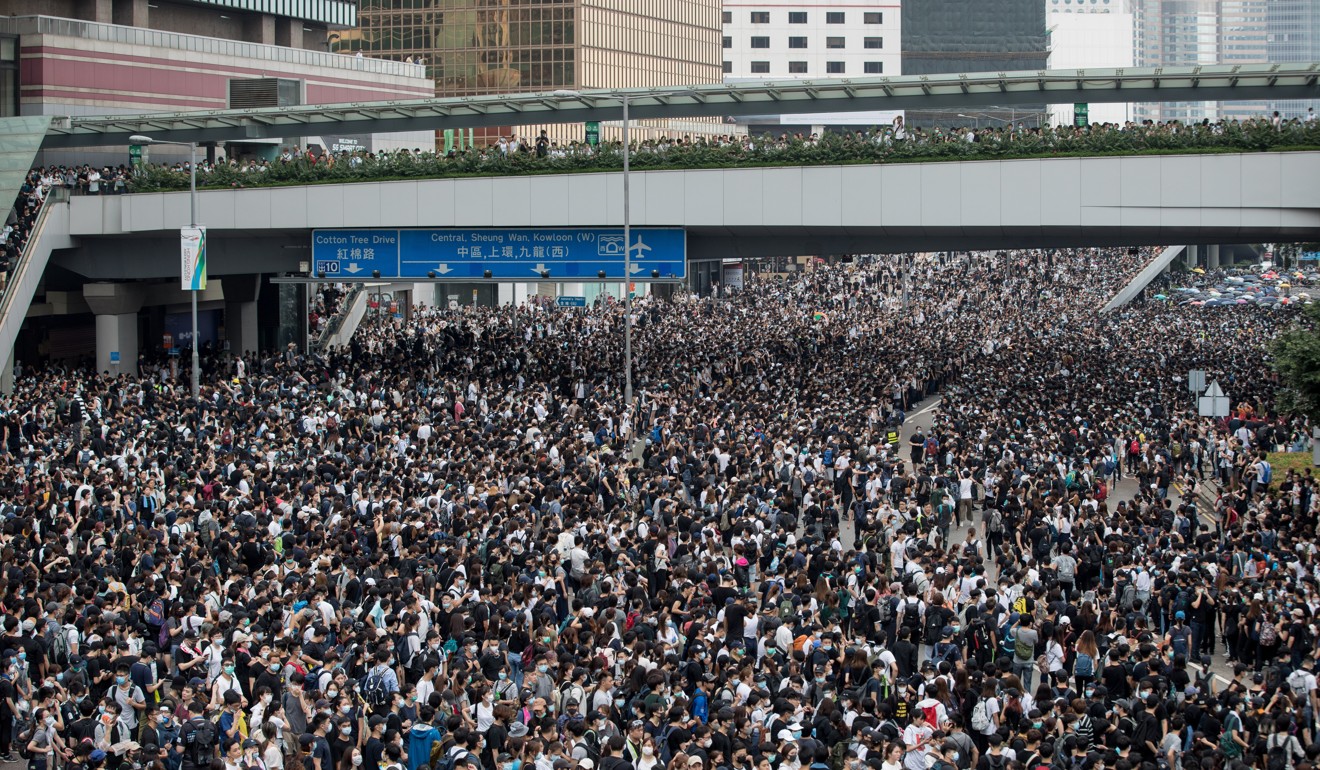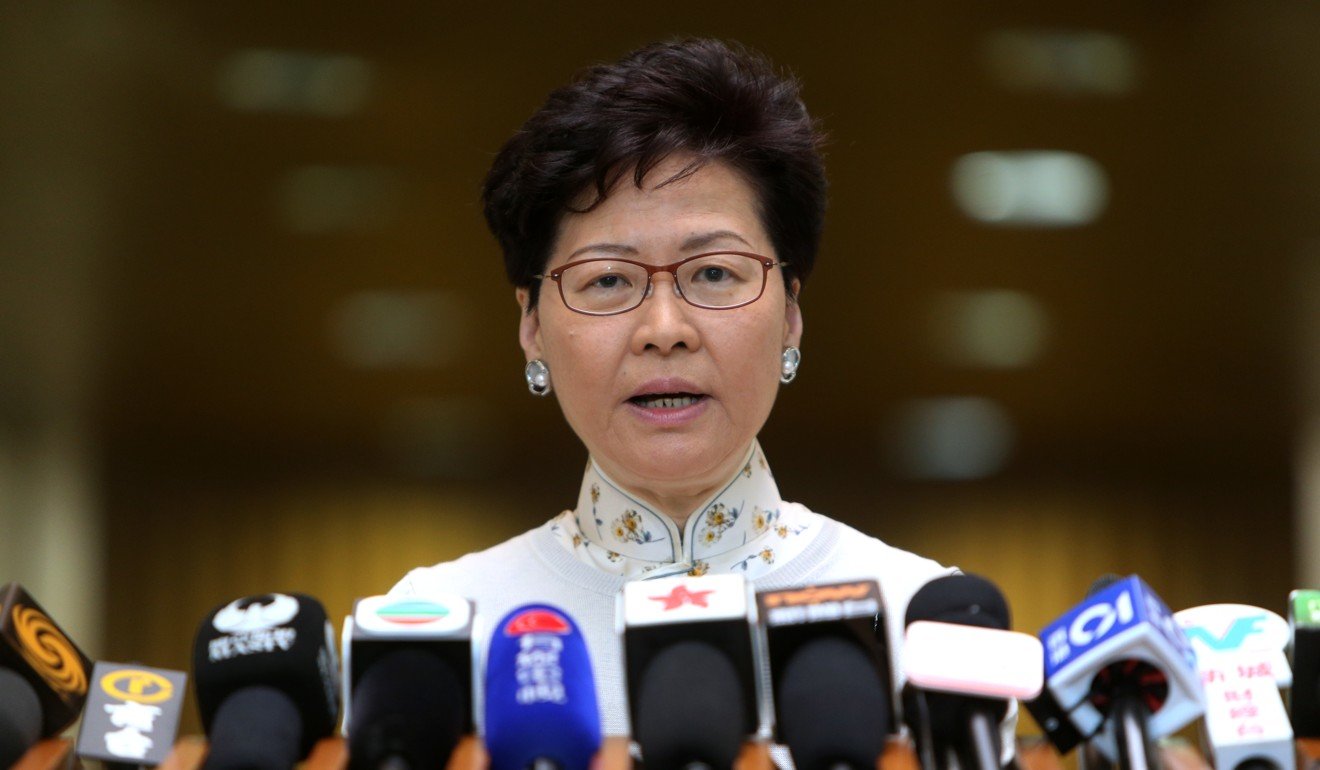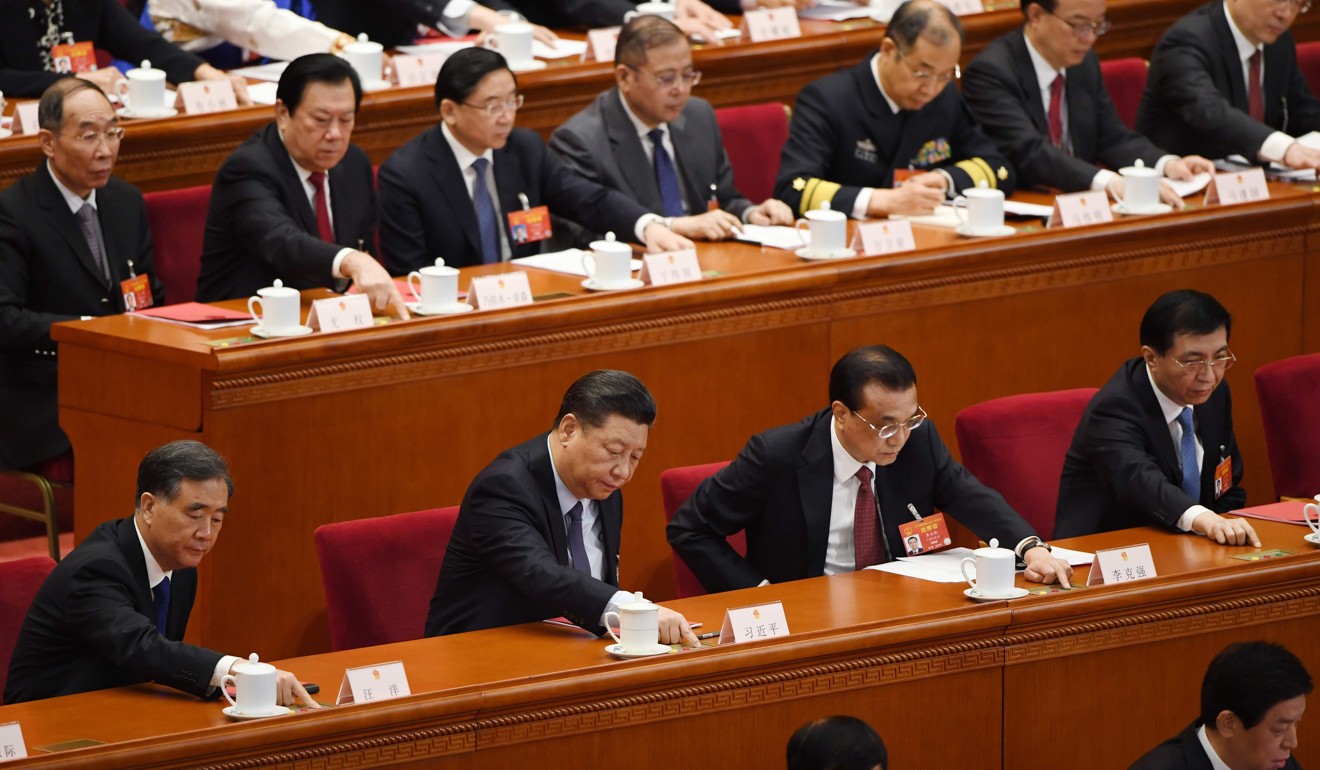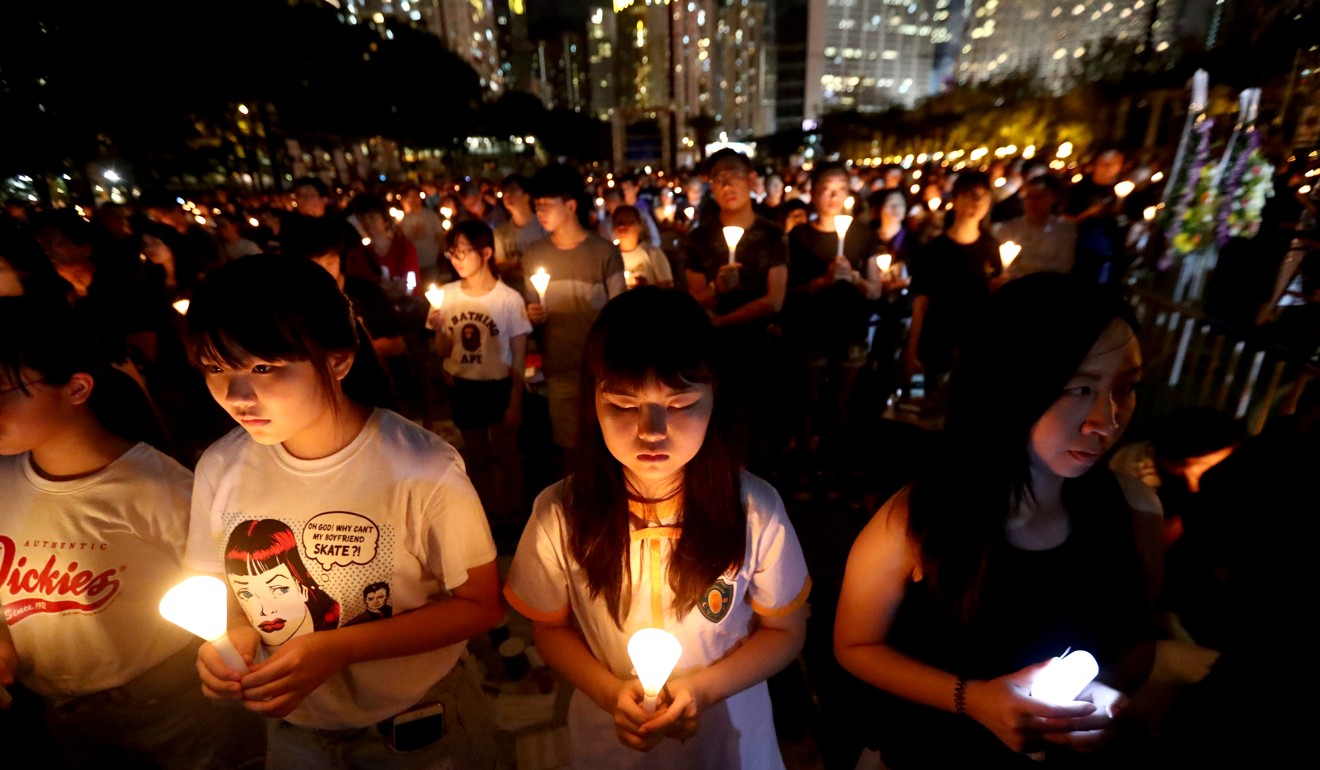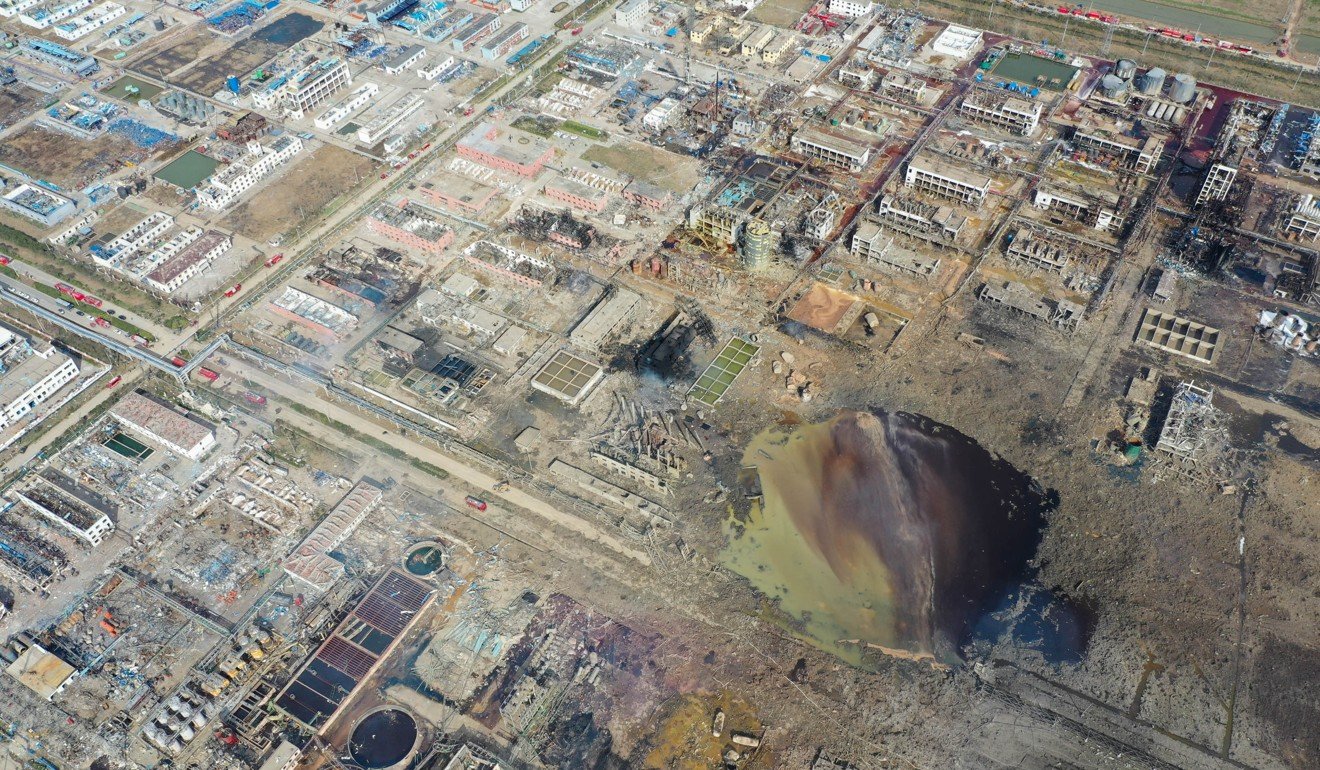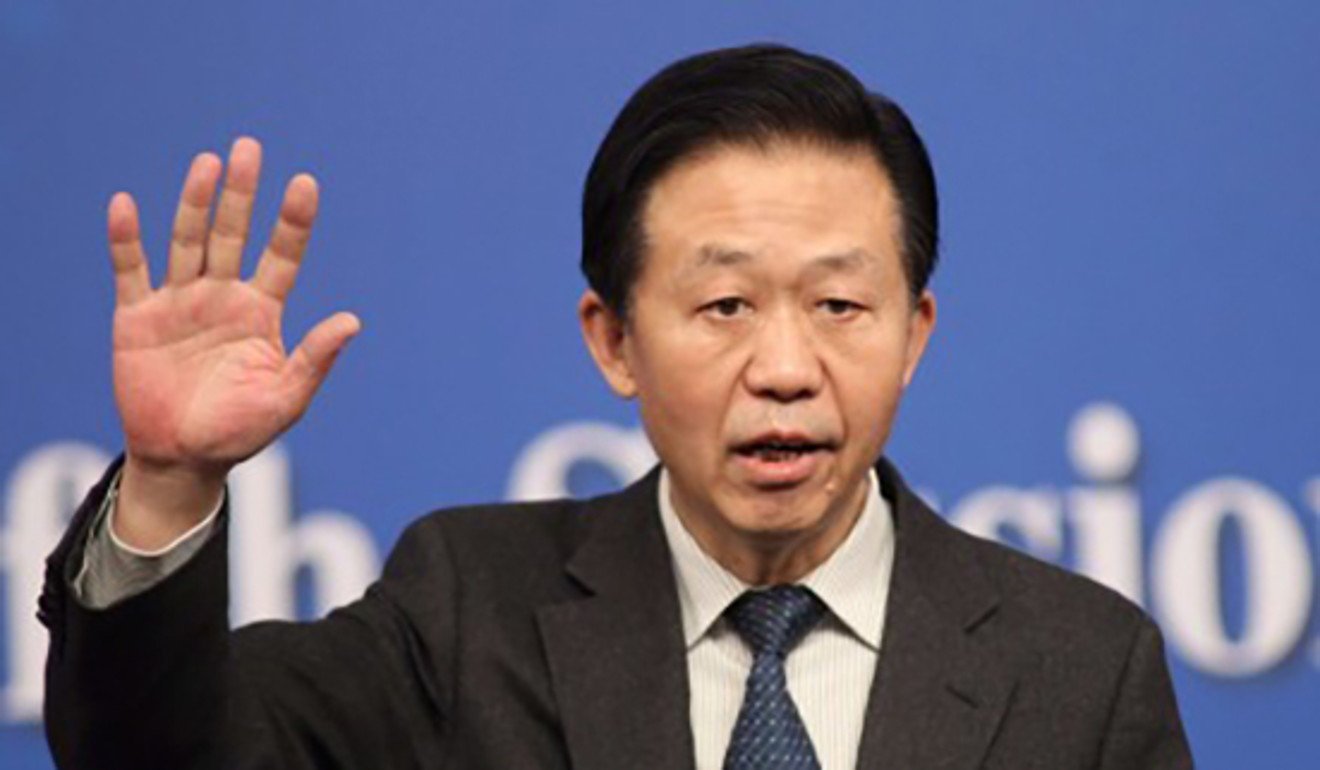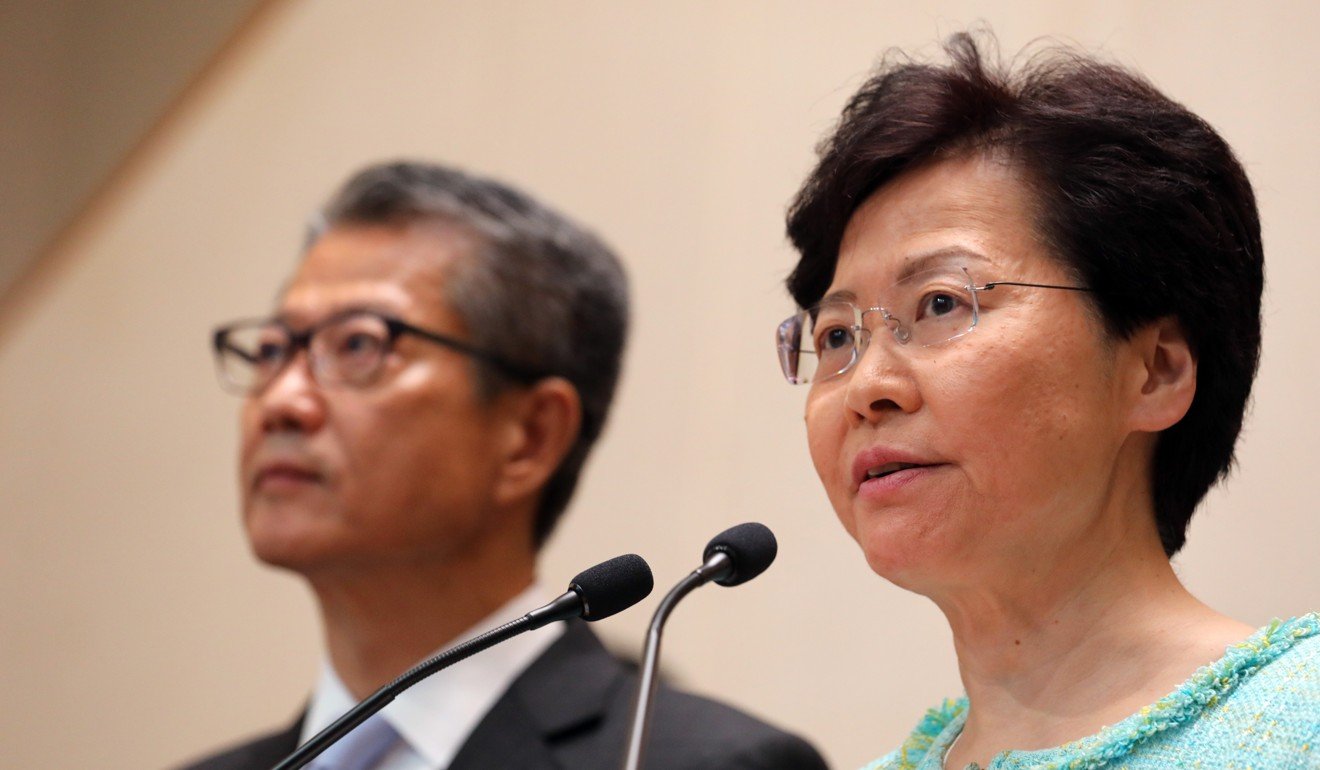The leadership(s) in Hong Kong and Beijing are engaging in fantasy if they think there is some kind of a police solution or a military solution to the protests in Hong Kong. There is only a political solution. Engage the protest leaders in political dialogue. Basically, accept their five demands. That's it. That will make the whole thing go away.
Carrie Lam can defuse the Hong Kong protests by taking on the property tycoons The Chief Executive can break the stranglehold of property moguls by increasing land supply and providing more affordable housing ....... There is no question that Hong Kong has messed up big time. But a cloud of questions hangs over how to defuse the city’s biggest political crisis in decades........ Financial Secretary Paul Chan Mo-po cited the gloomy economic outlook and downplayed the political crisis, he seems to have resorted to the tried-and-tested trick of “handing out candies” to assuage public discontent at a time of upheaval........the “grey rhino” risks long associated with Hong Kong – sky-high property prices, worsening inequality, lack of social mobility for youth, and woefully underfunded social security ...... every time a crisis has broken out – the crisis of governance in 2003, the national education controversy in 2012, the Occupy Movement in 2014 ....... From half a million protesters in 2003 to about 2 million in June ........ Lam, with the support of Beijing, must break the stranglehold of local property tycoons on the real estate market and curb their political influence by greatly increasing land supply for development and providing more affordable housing for low-income families....... Hong Kong may pride itself as one of the freest economies in the world but, in fact, the property tycoons are calling the shots on the economy.
....... Hong Kong is short of space for property development – but perhaps not as short as one may think. Just seven per cent of the land is used for residential purposes. ..... In the two months since the anti-government protests started in June, Chinese officials have reportedly expressed dismay over some property tycoons’ reluctance to support Lam’s government and Hong Kong police. ...... the government could take back the 1,300 hectares of brownfield sites currently occupied by operators of open-air storage facilities, warehouses and car parks. ...... To speed up construction and reduce costs, the government should consider introducing factory-built modular homes
into Hong Kong. ........ about seven per cent of land in Hong Kong is used for residential purposes while about 65 per cent is in green areas and country parks. Shrinking a few per cent of that land would ensure years of housing supply........ take back the 170-hectare Fanling golf course for residential development..... Greater land supply by the government would also have the added benefit of forcing the property tycoons to speed up development using their own land banks. ...... the government should also raise the minimum wage and create more middle-class jobs to improve social mobility for youth. To achieve that end, it should invest more in training health-care professionals and build more polytechnic colleges to equip the city’s youth for the information age ..... the government can also consider raising taxes on those making HK$2 million a year or more, and increasing taxes on property transactions valued at HK$10 million or more.
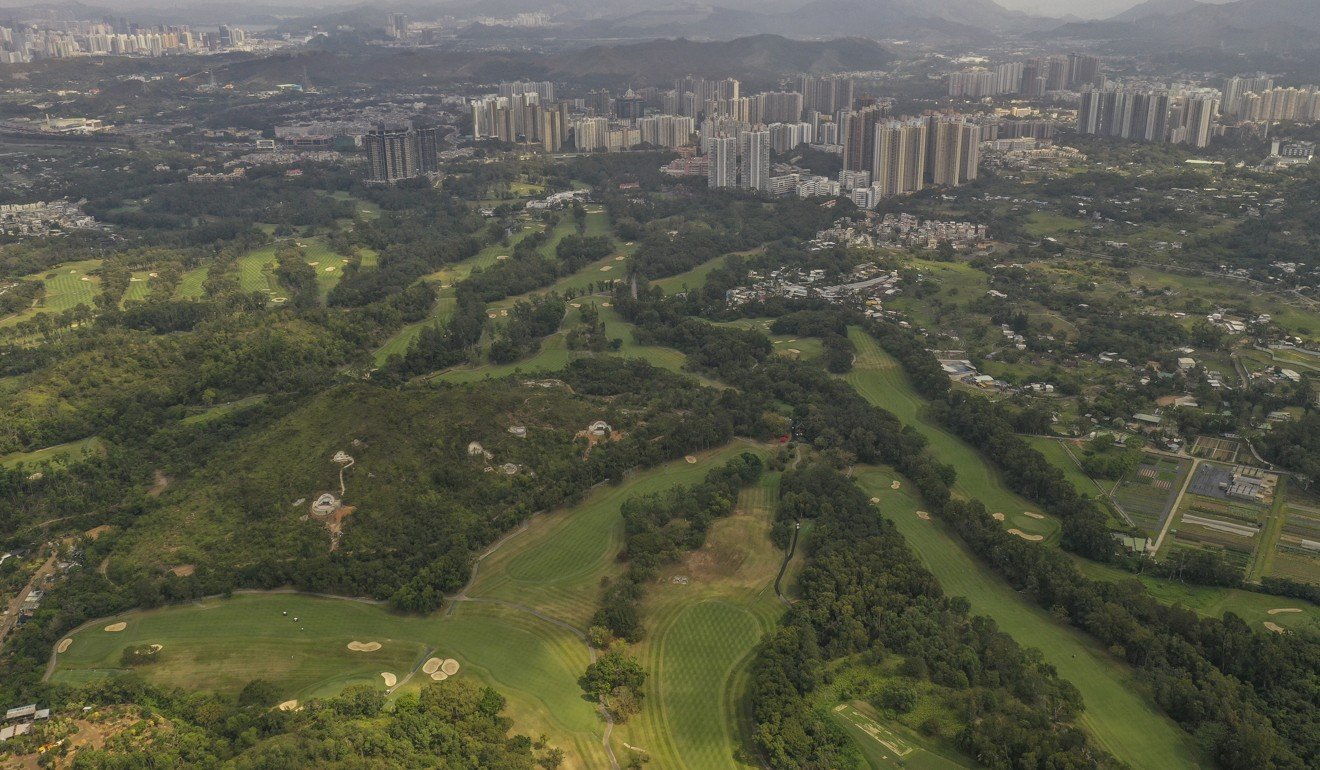
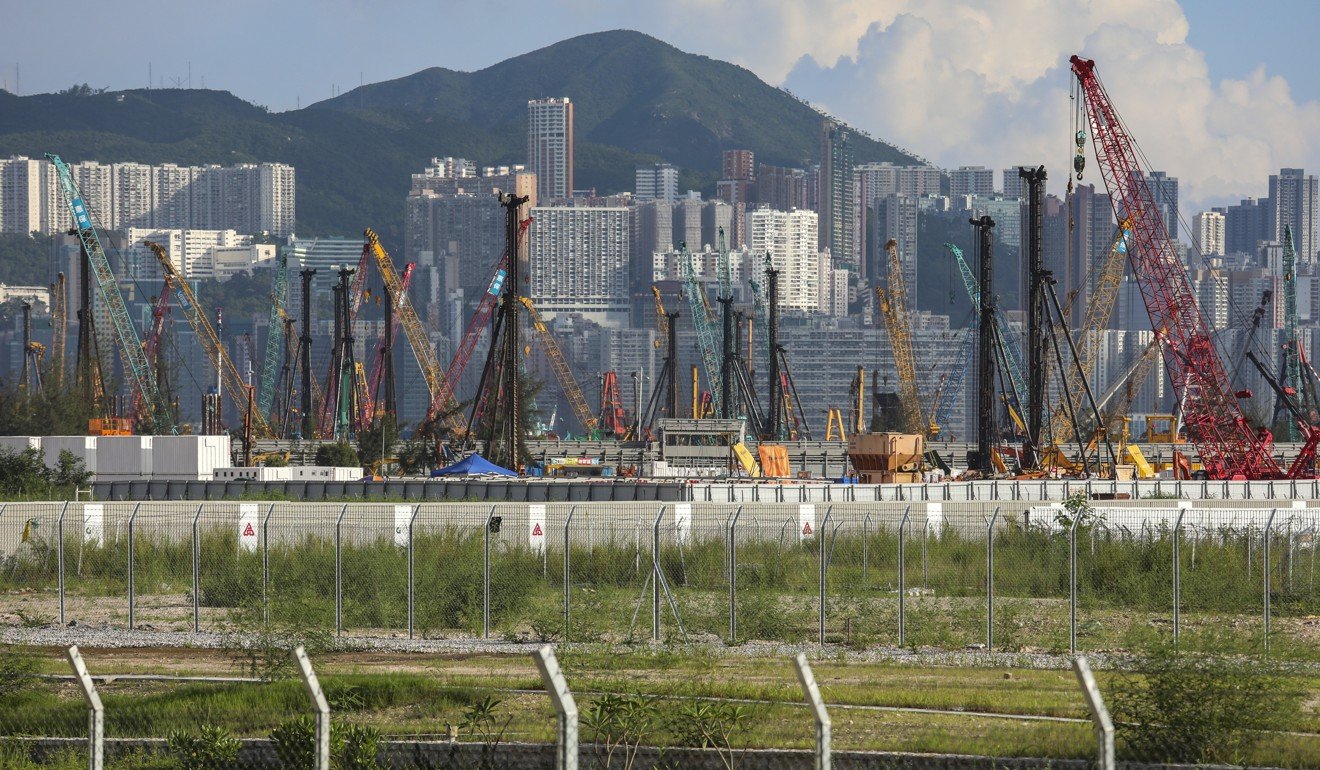
Hong Kong’s administrators and others who advise Beijing are clueless about public sentiment.
....... Demosisto leader Joshua Wong Chi-fung, and founder of Hong Kong National Party Andy Chan Ho-tin ........ Wong, who seeks not independence but Hongkongers’ right to self-determination and the election of lawmakers and the chief executive by universal suffrage, said that “for Hong Kong to gain real democracy, it may have to wait until Xi Jinping steps down”. ........ The ball is in Beijing’s court and how it tackles it will determine if Hong Kong caves in or becomes the tail that wags the dog........ They can be happy with Chinese sovereignty if the freedoms promised in the Basic Law are implemented so they can elect their lawmakers and chief executive by universal suffrage.
Meaningful universal suffrage would include voters’ right to nominate candidates, including themselves, to stand for election, rather than voting for candidates put up by their rulers.
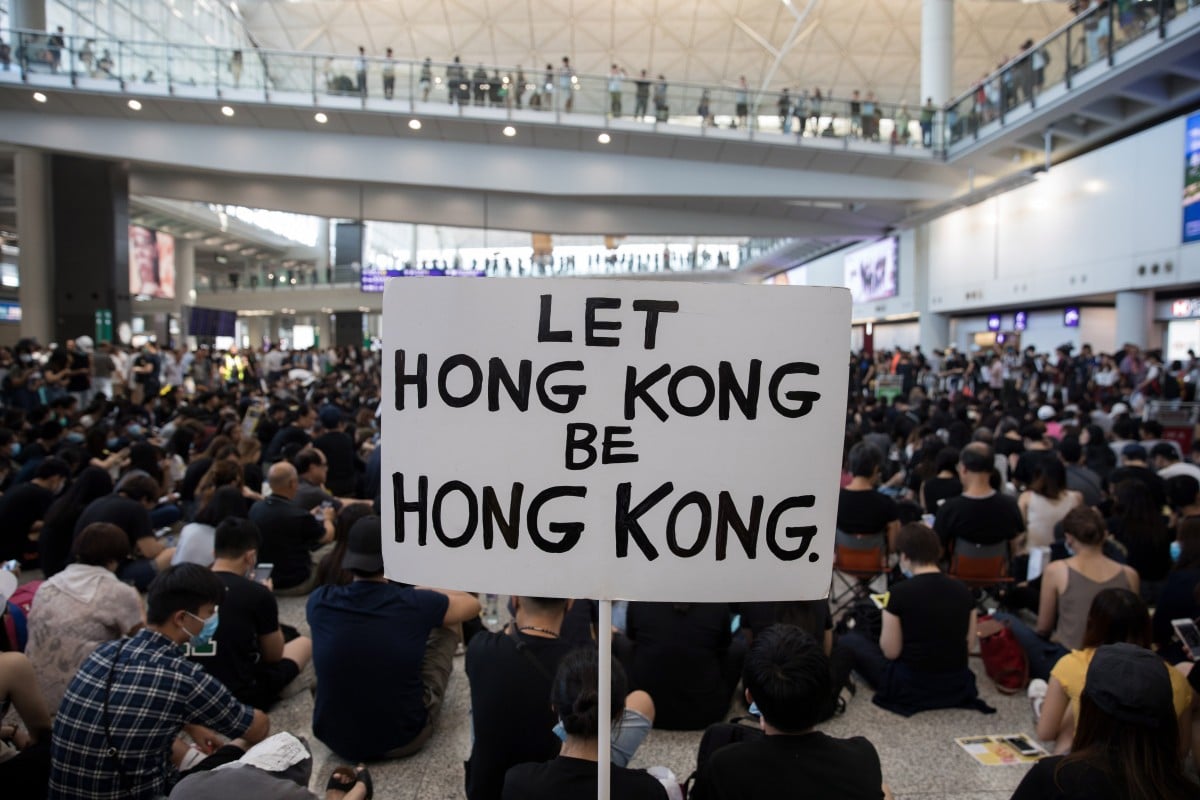
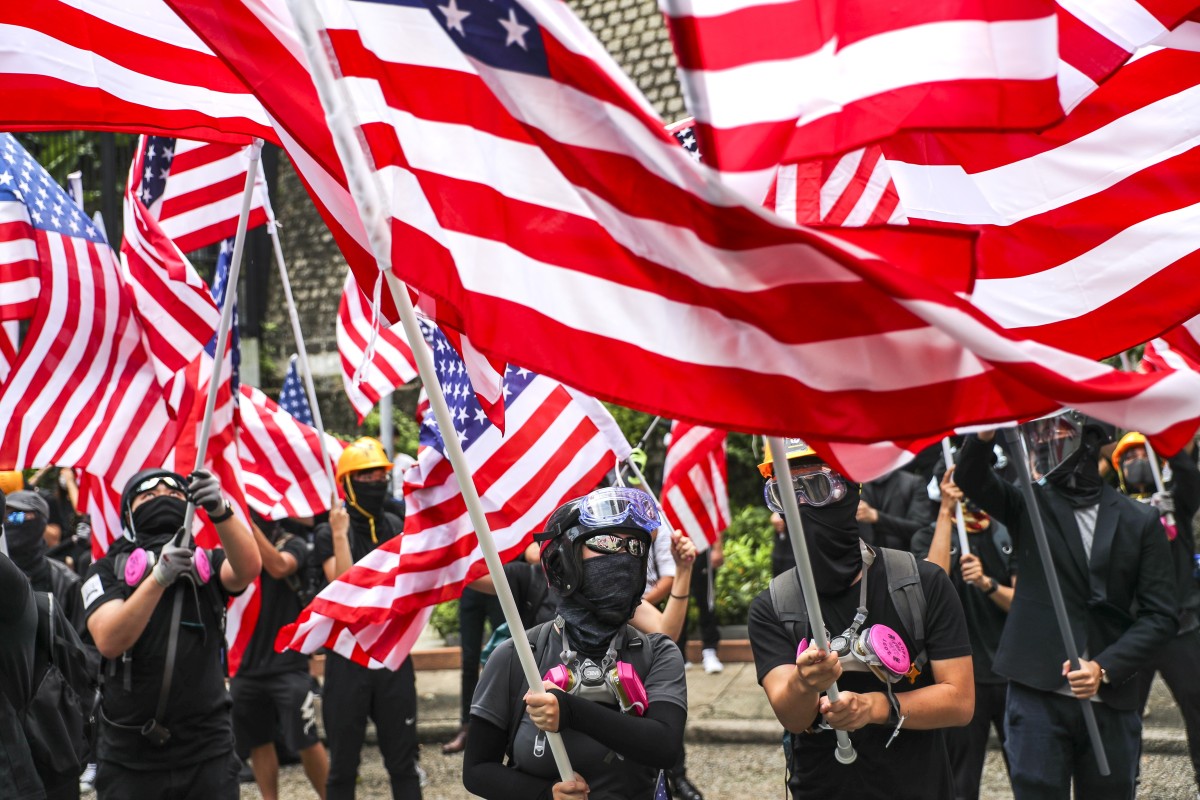
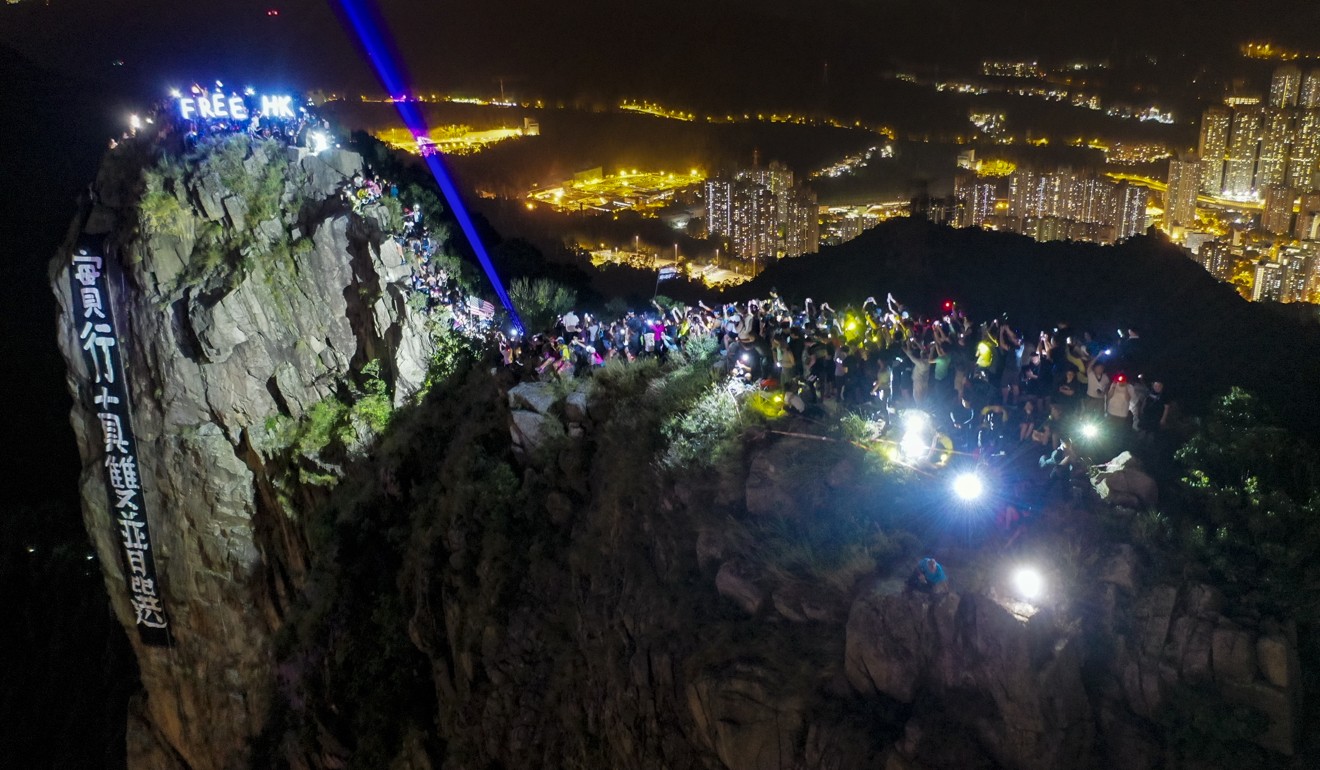
“The places ‘helped’ by Western countries to usher in ‘democracy and freedom’ are all in trouble. Western countries can’t even solve their domestic problems ...
it is a fantasy to ask them to help people thousands of miles away.” ........ The commentary came just a day after the commission published a similar article criticising Hong Kong tycoon Li Ka-shing for condoning crime after he had urged those in power to “provide a way out” for the young demonstrators, describing them as the “masters of our future”.........It also suggested the 91-year-old, as a major property developer in the city, should be the one providing the way out by building more affordable homes.......... Li said it was regrettable that his remarks had been misinterpreted, but that he had become “accustomed to unwarranted accusations for many years”.
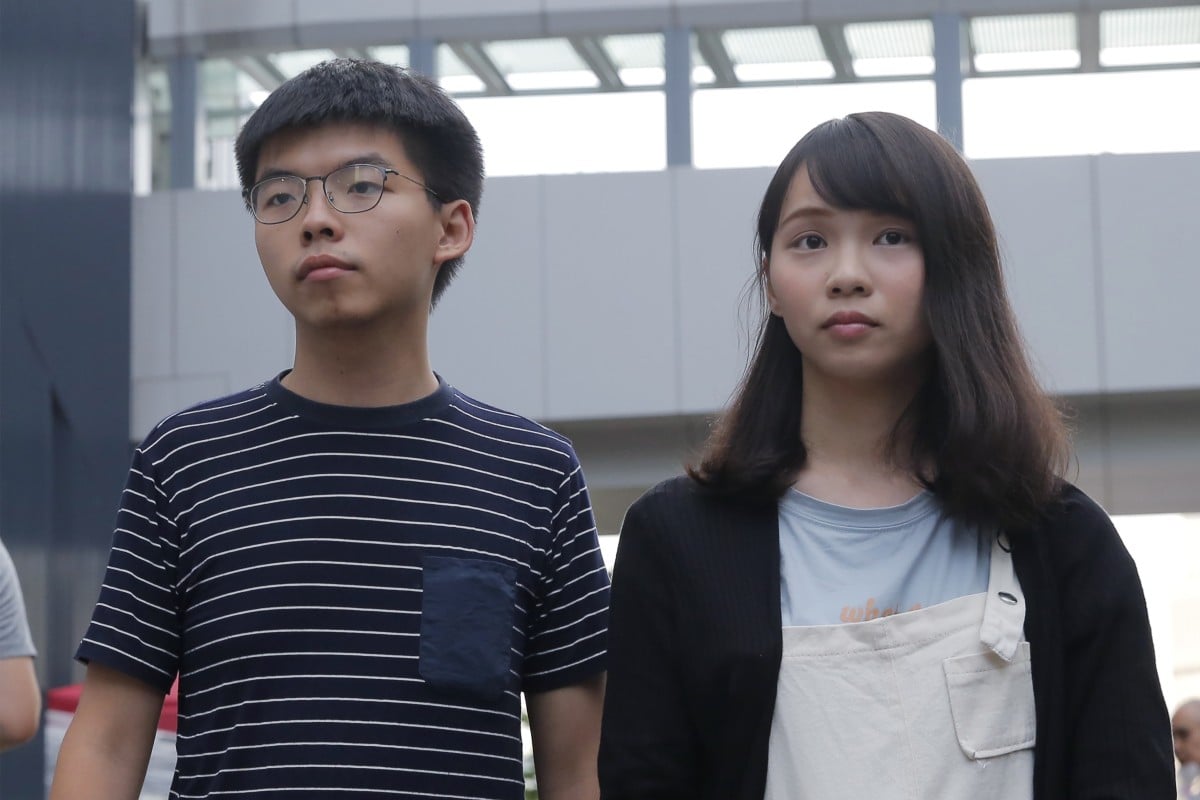
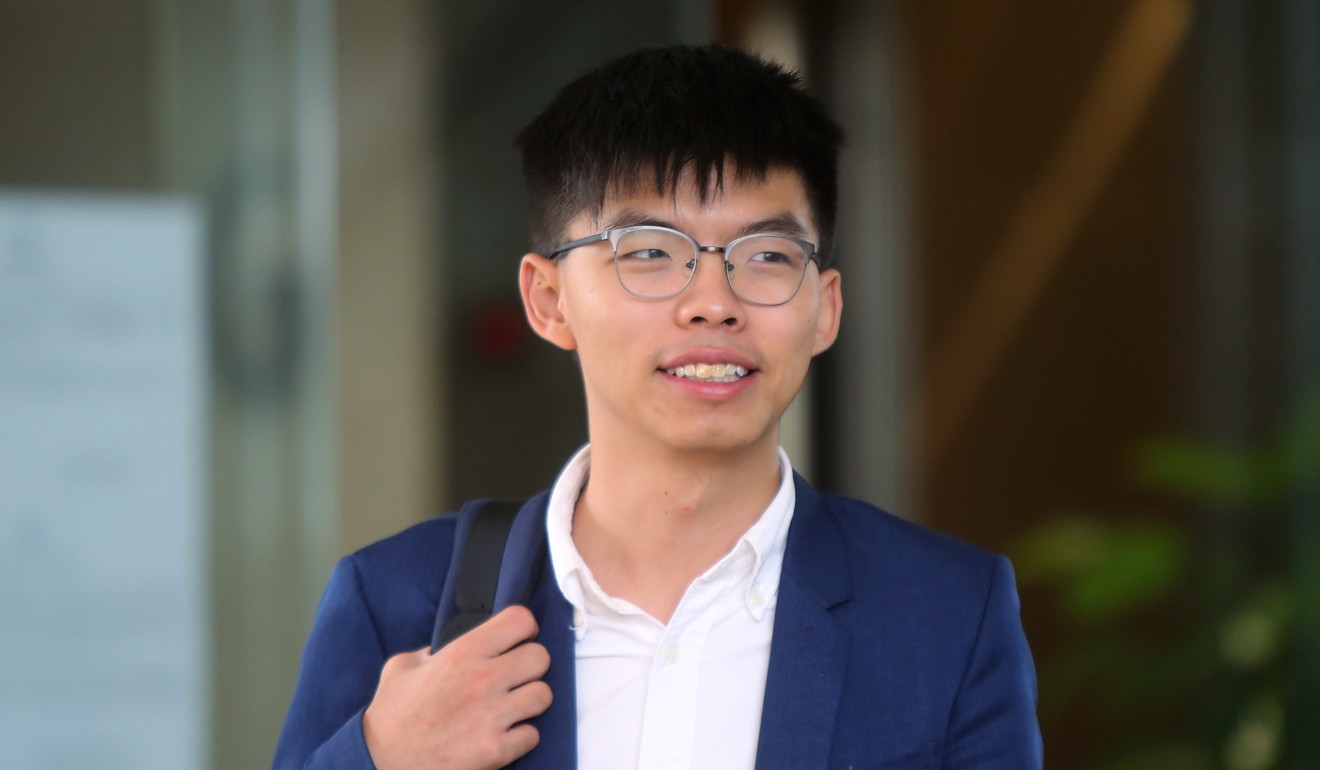
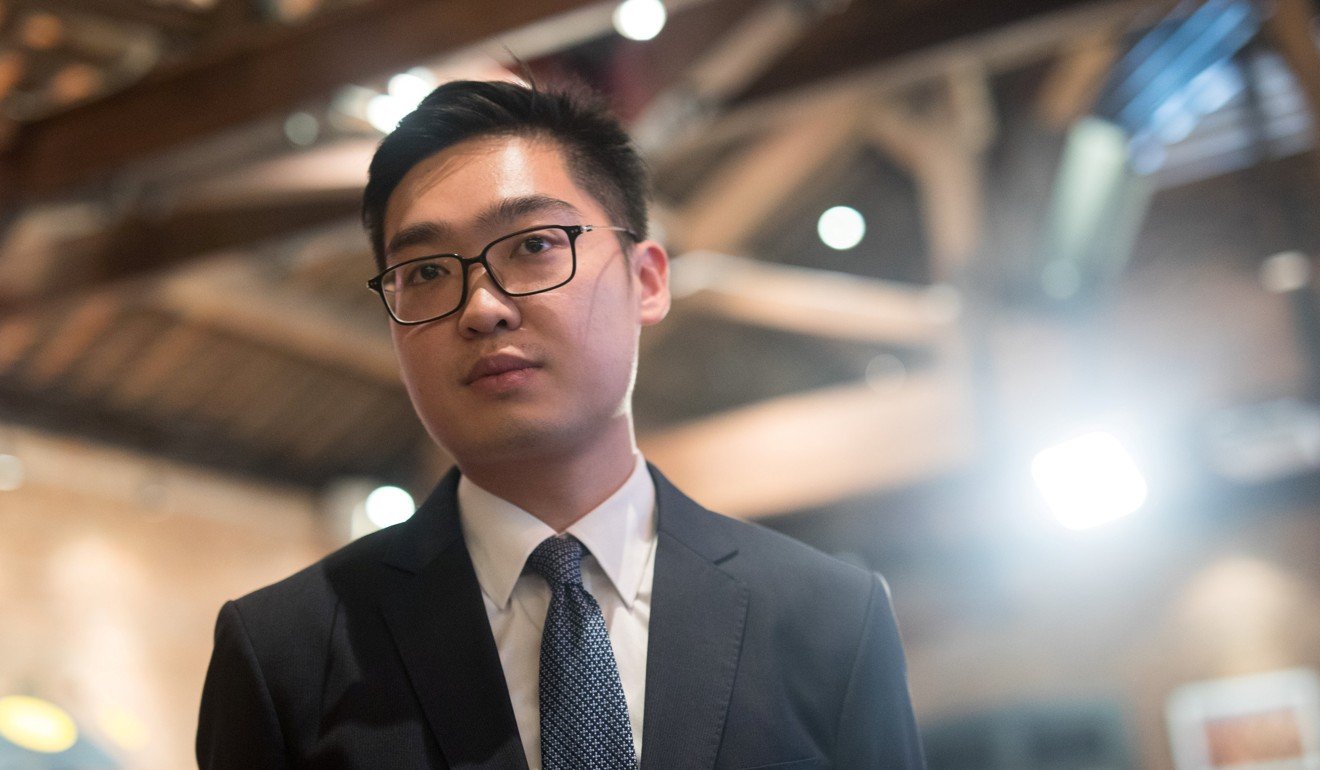
Joshua Wong, Andy Chan and Agnes Chow
....... Sha Tin District Council member Rick Hui Yui-yu
was also arrested...... independence campaigner Andy Chan Ho-tin ...... He was stopped from boarding a plane leaving for Tokyo at Hong Kong airport....... Wong and Chow were key figures during the Occupy protests of 2014 while Chan, also an Occupy activist, led the banned Hong Kong National Party. ........ Wong and Chow are leaders of the pro-democracy outfit Demosisto, which has been campaigning for democratic self-determination in Hong Kong. Chow was disqualified last year from taking part in a Legislative Council election........ A third member of the party, Ivan Lam Long-yin
........ In a statement on Friday, Demosisto insisted the recent protests were leaderless and the party was not spearheading them. ....... August 31 marks the fifth anniversary of Beijing’s stringent “831 Decision” on Hong Kong’s democratic reforms. ......... Seen as one of the leaders of the 2014 movement, Wong was jailed in August 2017 for six months for storming the government headquarters compound in Admiralty, which sparked the 79-day protest......... The anti-government movement has five main demands, including the bill’s complete withdrawal, the establishment of an independent inquiry into police’s handling of protests and genuine universal suffrage.
